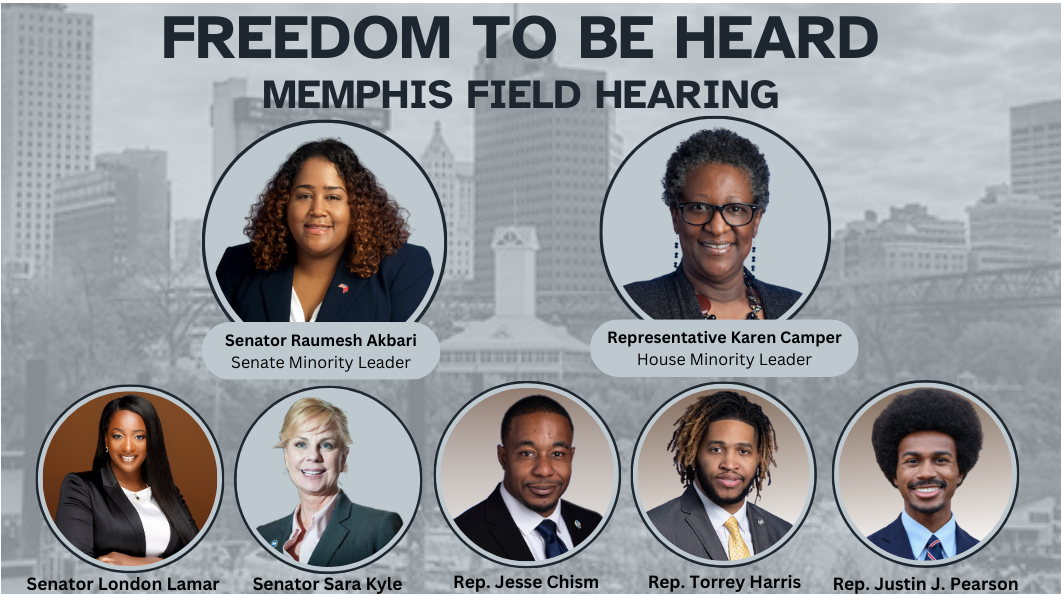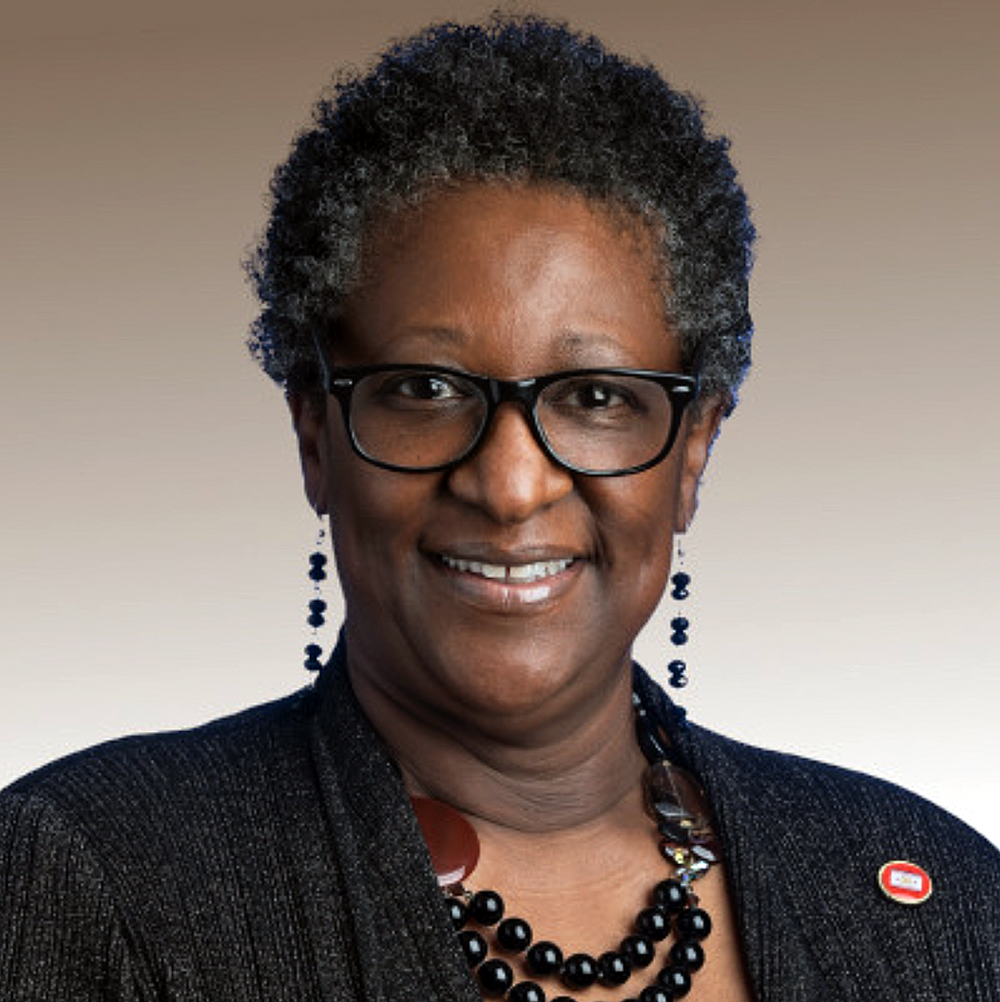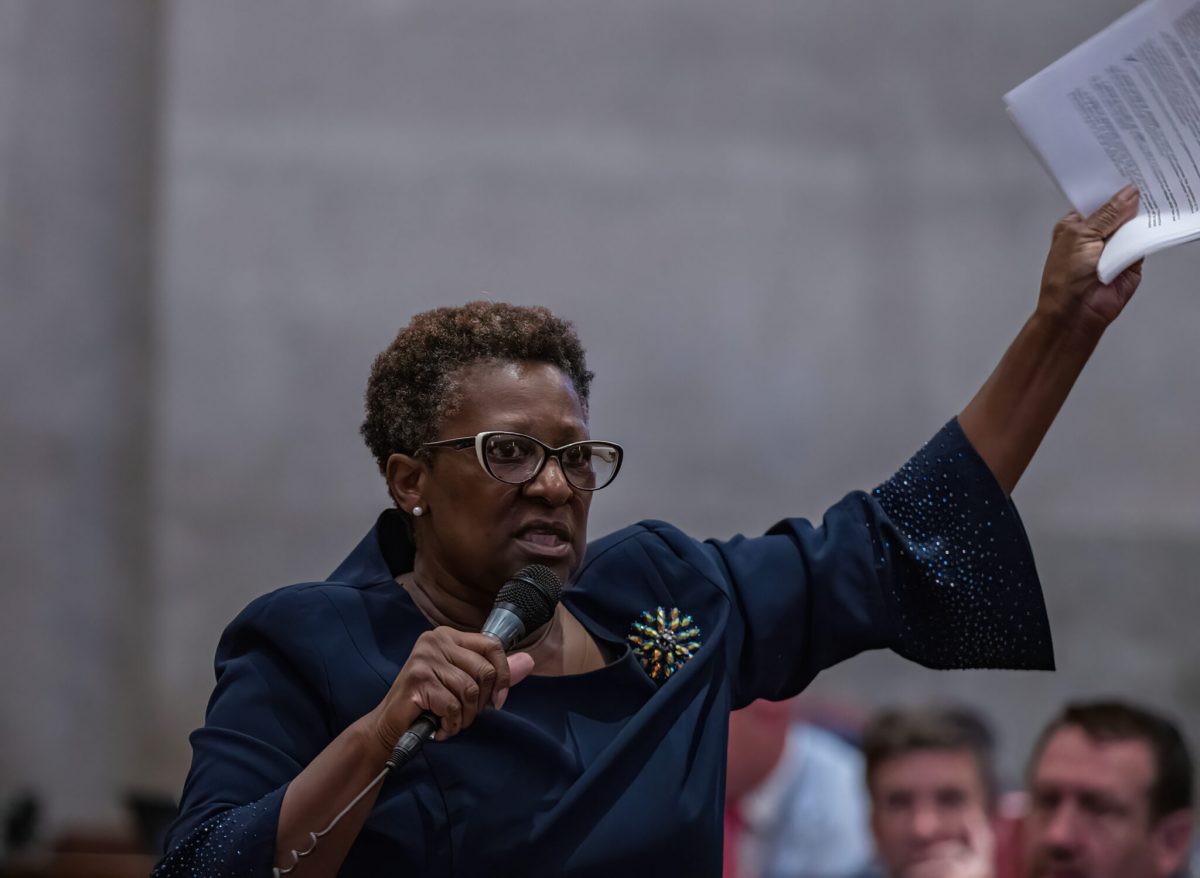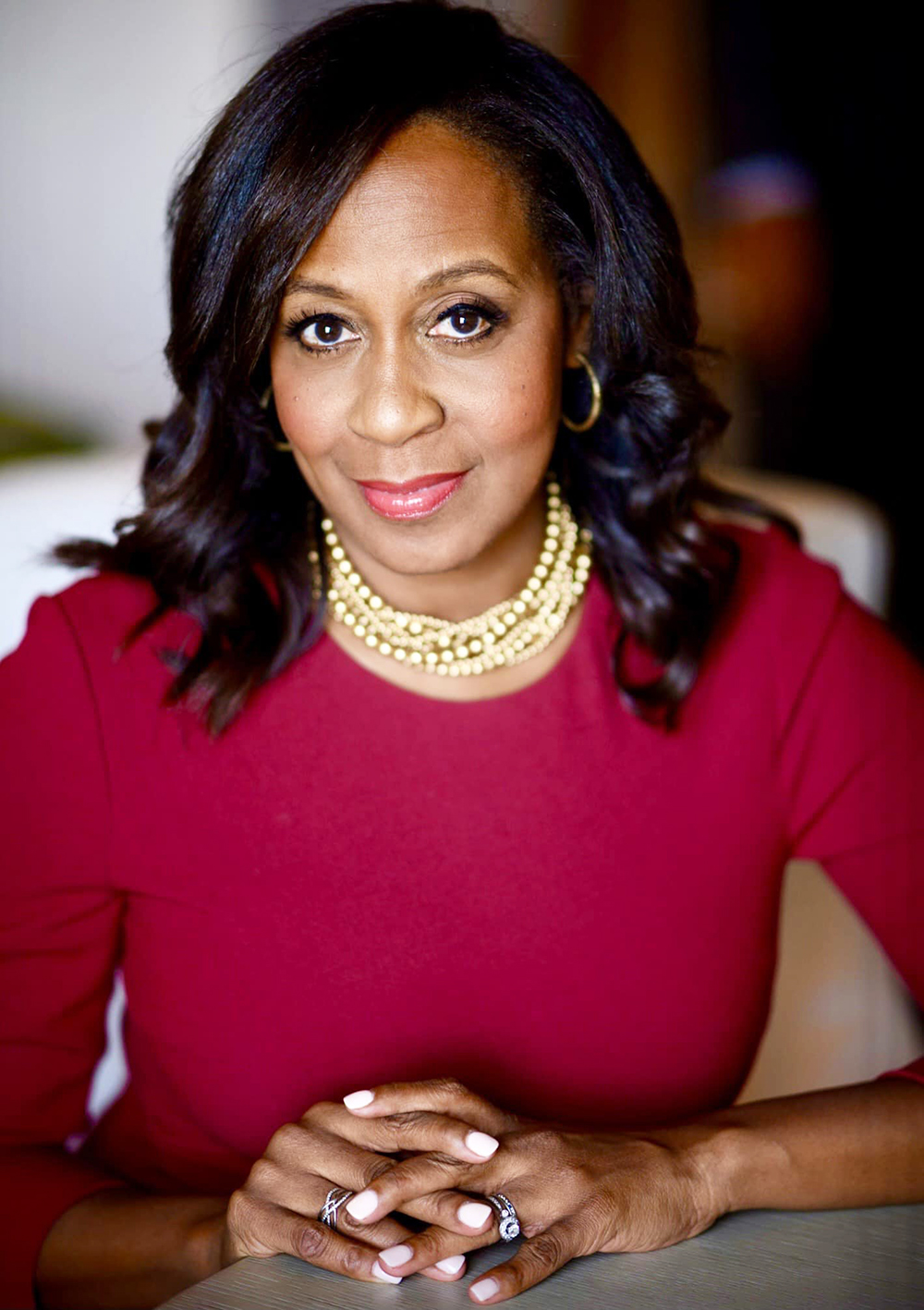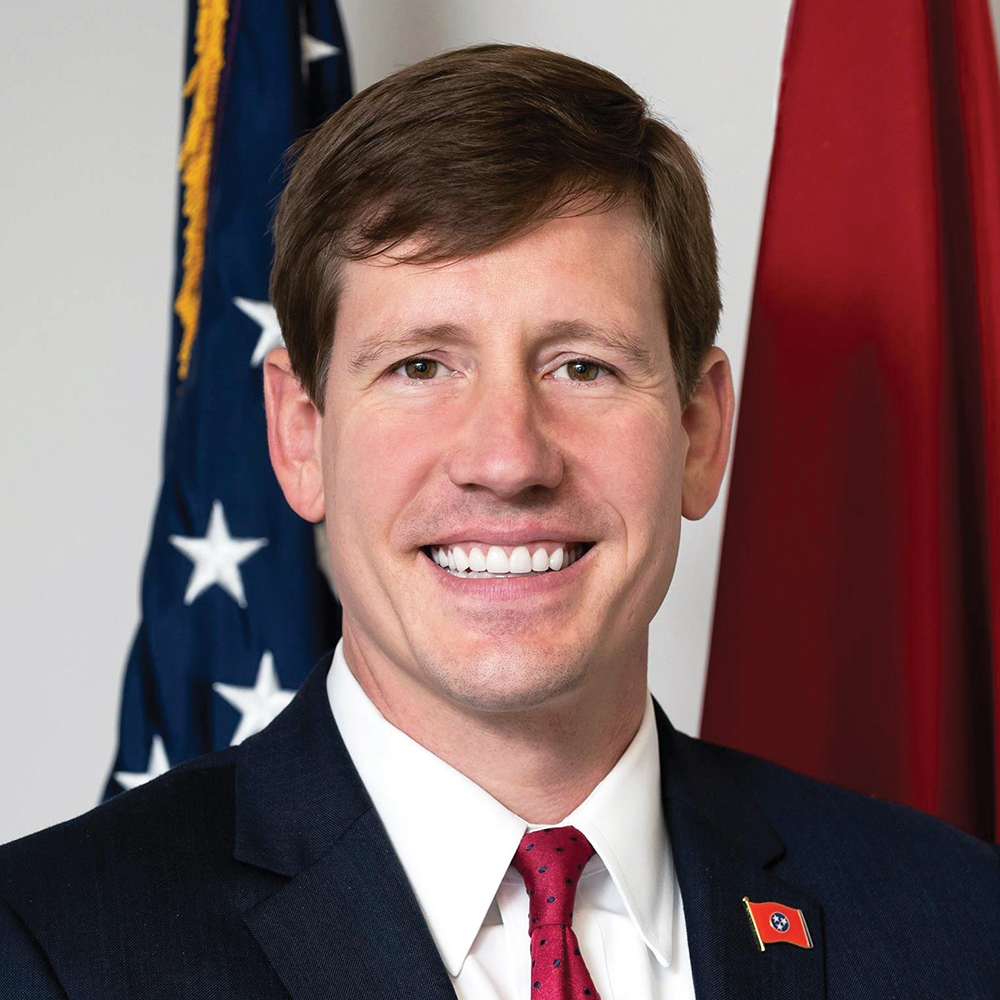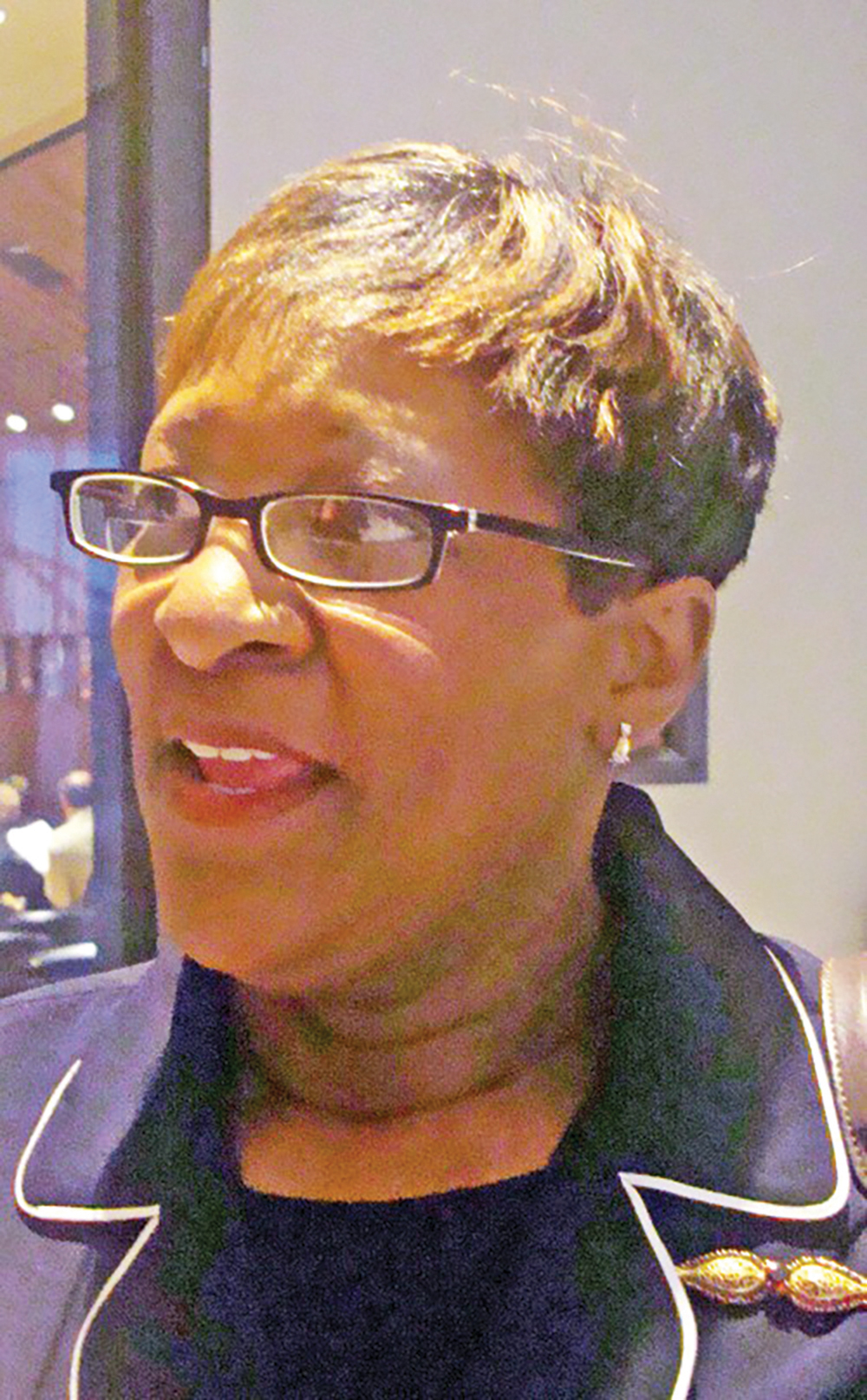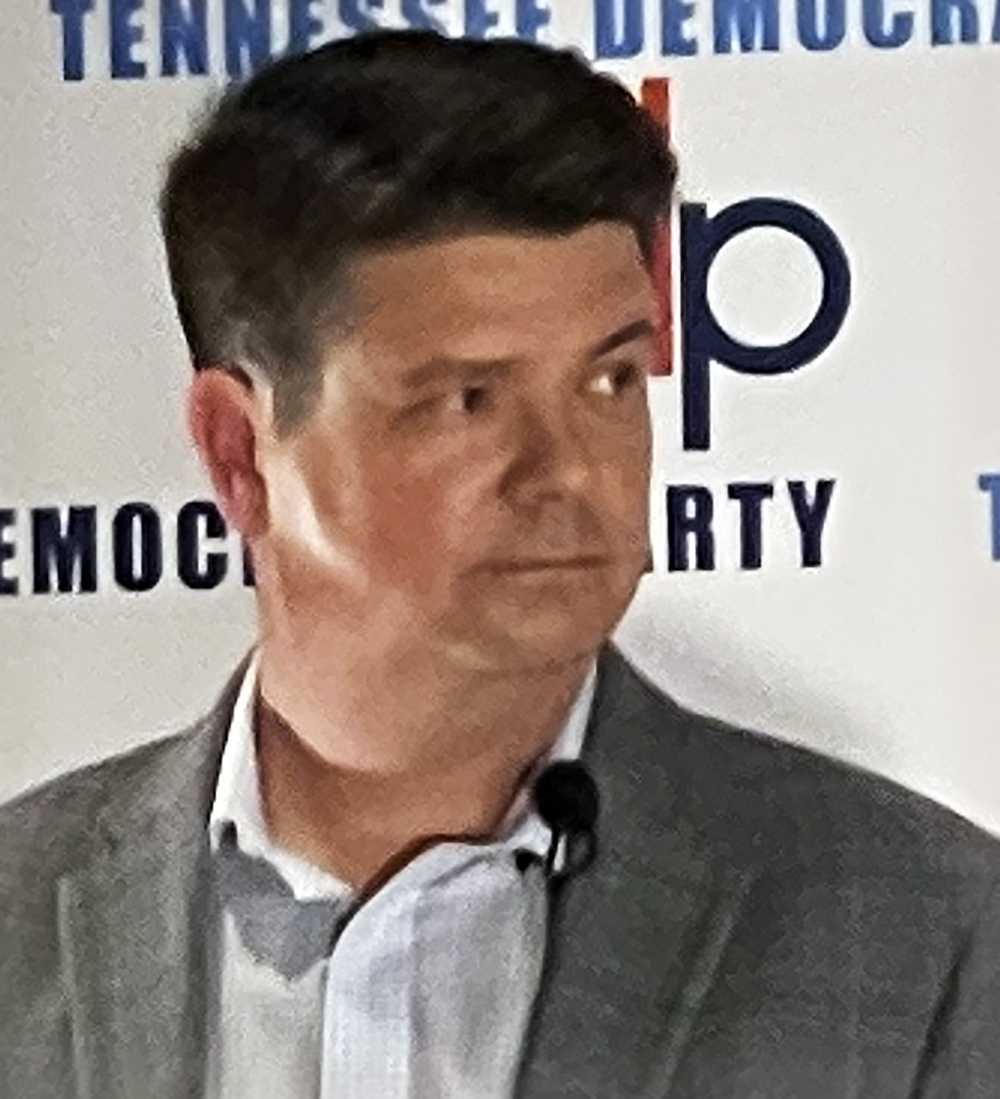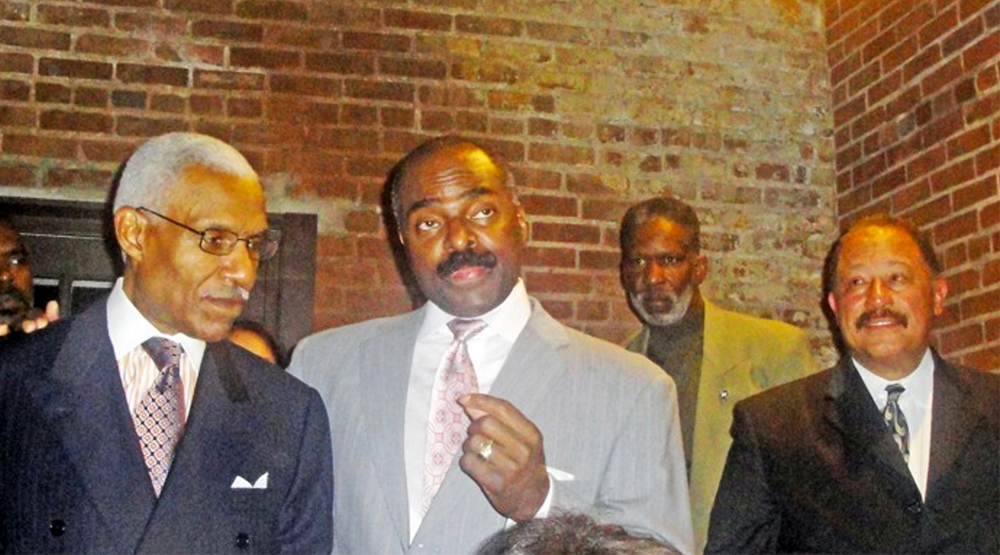As opponents of diversity, equity, and inclusion (DEI) initiatives are working to erase these practices from the workplace, state political leaders are working to emphasize their importance and effectiveness.
“In recent years, state Republican officials have cheered the Supreme Court ruling overturning affirmative action, passed several ‘divisive concepts’ laws targeting speech at K-12 public schools and colleges, proposed legislation to ban DEI policies at public universities, established a process to ban books, and threatened lawsuits against companies that employ DEI tactics,” the Tennessee Senate Democratic Caucus said in a statement.
Tennessee Senate Minority Leader Raumesh Akbari (D-Memphis) and House Minority Leader Karen Camper (D-Memphis) held a field hearing in Memphis on Monday at the National Civil Rights Museum. Akbari and Camper were joined by Representatives Justin J. Pearson (D-Memphis), Jesse Chism (D-Memphis), and Senator Sara Kyle (D-Memphis). During this hearing, legislators were able to hear from community and state advocates about the importance of DEI practices in their respective work.
Akbari said Memphis was the first stop on their “Freedom to Be Heard” tour and will head towards Nashville, and possibly a location in East Tennessee.
During the hearing Akbari said there are threats to DEI policies on the local and national level, and she and other lawmakers wanted to hear community input on programs and policies currently in place.
Veda Ajamu, chief DEI programs and community engagement officer at the National Civil Rights Museum said a major component of the museum’s success and vision is their ability to facilitate “tough conservations.” Ajamu said this includes “inequities that affect society,” and they address these by way of the Corporate Equity Center and community engagement programming.
Ajamu explained that the Corporate Equity Center uses the historical significance of the museum through “strategic programming” that seeks to “transform workplace environments.” The Corporate Equity Center currently has two programs to promote equitable decision-making — the C-Suite Initiative and the Unpacking Racism For Action program.
“The ongoing importance of this work lies in the transformative potential to challenge biases, promote equity, and foster a more inclusive and just society for generations to come,” Ajamu said. “It’s not just about honoring the past, but also about shaping a better future grounded in truth, justice, and respect for diverse histories and experiences.”
Michelle Taylor, director of the Shelby County Health Department said racial disparities are also apparent in healthcare, and that these disparities are the result of systemic inequities as well. For context, she told an anecdote about how the health department had historically used unequal practices for vital record keeping for Black and white patients.
“Elected officials understand how important vital records are,” Taylor said. “Vital records are used by local, state, and federal officials to make decisions about funding … If they [health department] were color categorizing between 1901 and 1971, we also know those funding decisions were different based on race.”
Taylor said the amount of health issues and disparities apparent in the community are a result of an “uphill battle” that started years ago. She added that this is also evident in geographical inequities, where Black residents are disproportionately affected by certain health epidemics such as lead poisoning, infant mortality, and life expectancy.
Others explained the importance of DEI outreach in their programs and businesses such as FedEx and the Mid-South Minority Business Council Continuum. The Tennessee Education Association (TEA) also gave insight into the education sector.
TEA executive director Terrance J. Gibson said they are currently suing the state education department and school board regarding the “Prohibited Concepts Ban,” which “prohibits the inclusion or promotion of 14 ‘prohibited concepts’ dealing with race.”
“Curriculum should not be legislated by individuals who are not in the classroom,” Gibson added. He said these “divisive concepts” cause educators to not teach with “integrity and honesty.”
Latrell Bryant, an English as a second language instructor at Treadwell Elementary school, urged lawmakers to fight to make Black history education accessible after sharing her personal experience in a “neighboring school district,” where the “politics and racial makeup” were “quite different from what Shelby County is.”
Bryant was able to teach African American history, however her tenure coincided with the implementation of the Divisive Concepts Law, which made it harder for her to teach her students. She decided to leave the school in a decision to not constantly have to battle people with “differing politics.”
“There are students out there in the state of Tennessee in remote areas — not just the urban areas — who want to learn about Black history voluntarily,” Bryant said. “If there is anything you [legislators] can do to make sure we are able to continue to do that please do so.”
